5 Main Reasons Why Japan Has A Fast-aging Popualtion
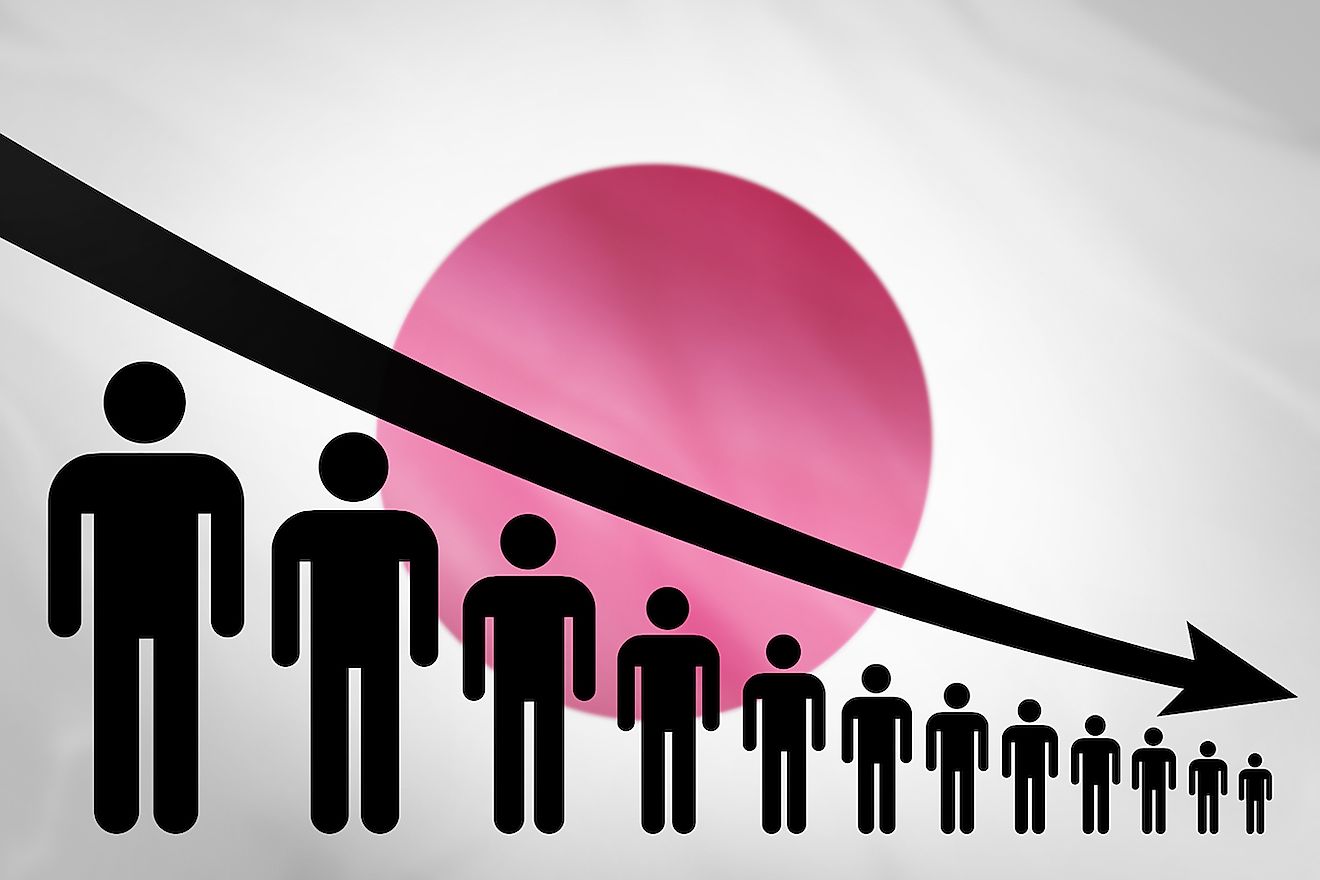
- Almost 70% of men and 60% of women between the ages of 18 and 34 in Japan report not being in a relationship, leading some to label the phenomenon Japan’s “celibacy syndrome”
- If the population continues to age, it is expected that by 2036, one third of people living in Japan will be elderly.
- There is a term for wives who work in Japan- it is Oniyome which means
Japan seems like a thriving country. You may have heard about people living in ultra tiny apartments, and sleeping in capsule pods in Tokyo, and this may have led you to believe that Japan is a country in which space is at a premium, and that the population is booming. There is some truth in that sentence. Depending on where you are in Japan, space can be in short supply- at least affordable space-but the population is no longer bursting at the seams. Japan presently has a rapidly shrinking population as well as an aging one. According to Nippon.com, the population has now been falling in size for nine years in a row.
In October of 2019, about 126,167,000 were recorded living in the country, with the majority of people being between the ages of 15 and 64. Those in the 65-and-over age range are increasing every year, however. In the year 2000, this group consisted of about 20 million people. By 2019, that number has almost doubled. The 15-64 year olds have been shrinking in number.
What about the kids under 15? This group is also growing smaller. It is plain to see that Japanese people are growing older and that the younger ones are not having many kids. Here are five factors contributing to the country’s rapidly aging population.
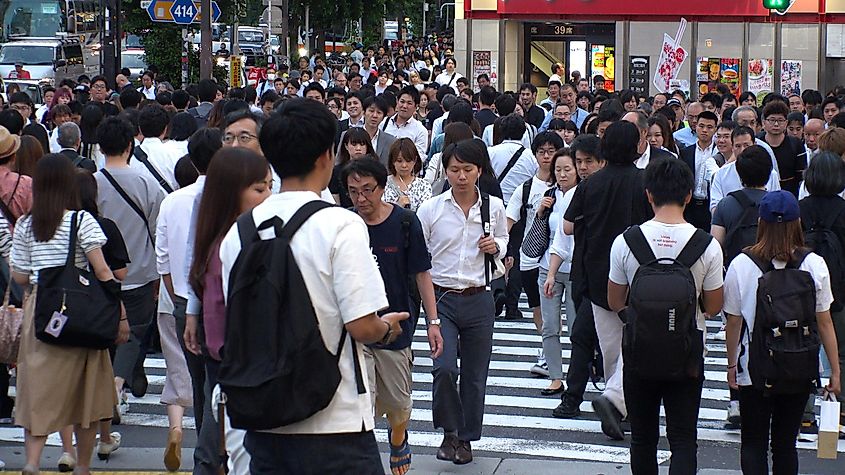
A Declining Birth Rate
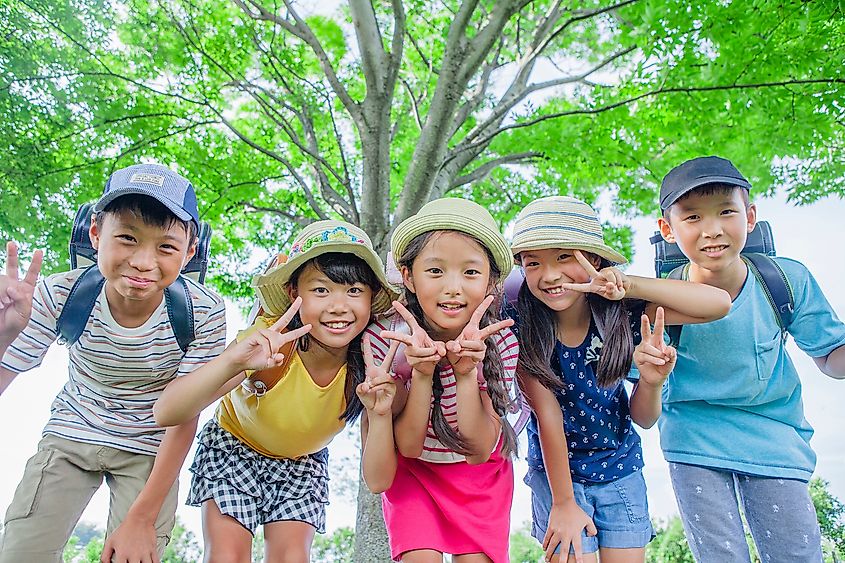
Researchers estimate that by the year 2036, one third of people living in Japan will be elderly, if things keep up as they are. In 2019, the country’s health ministry stated that the number of babies born in Japan fell by almost 6% in one year. There were 864,000 babies born in the country in 2019. That may sound like a lot but this marks the first time since the government began keeping track of data in 1899 that the number of babies born annually has dipped below 900,000. Without enough newbies to replace the older generation, the country is certainly aging.
Young People Are Not In Relationships
The factors contributing to Japan’s low birth rate are multifaceted. One reason is that many young people of dating age in the country remain single. Of course, a woman need not be in a relationship to have a child but it certainly helps increase the odds of this happening. Japanese young people seem to prefer their own company at the moment. According to The Japan Times, researchers found that nearly 70% of men and 60% of women between the ages of 18 and 34 in the country report not being in a relationship. They do not seem to have plans to start one, either. The Guardian.com reports that, according to Kunio Kitamura who is head of the Japan Family Planning Association (JFPA), the demographic crisis is serious enough that the country might “eventually perish into extinction”.

Not Having Sex
Not only are Japanese young people avoiding relationship commitment, many are actually avoiding sex as well. Some are calling this Japan’s “celibacy syndrome”. A report in The Guardian.com states that about 45% of Japanese women aged 16-24 say they are “not interested in or despise sexual contact”, and surprisingly, over 25% of men the same age say they feel the same way. In order for change to take place and the population to flourish, some major attitude shifts would be necessary, experts say.
Economic Insecurity
It may seem like a strange phenomenon to hear that a large portion of an entire society no longer desires to procreate, but when you consider the economic security some younger Japanese people face, the scenario makes a bit more sense.
According to some sources, Japan’s strict and at times punitive corporate environment makes it virtually impossible for women to have a career after they marry. They are expected to remain at home, and have kids. The catch 22 is that prices are so high in Japan that most households need both parents to be working in order to afford to have kids. Japan has also experienced twenty years of economic stagnation, which can make it hard for some men to feel they could ever work hard enough to earn the money needed to support an entire family. This pressure is so great that most are not willing to bear it.
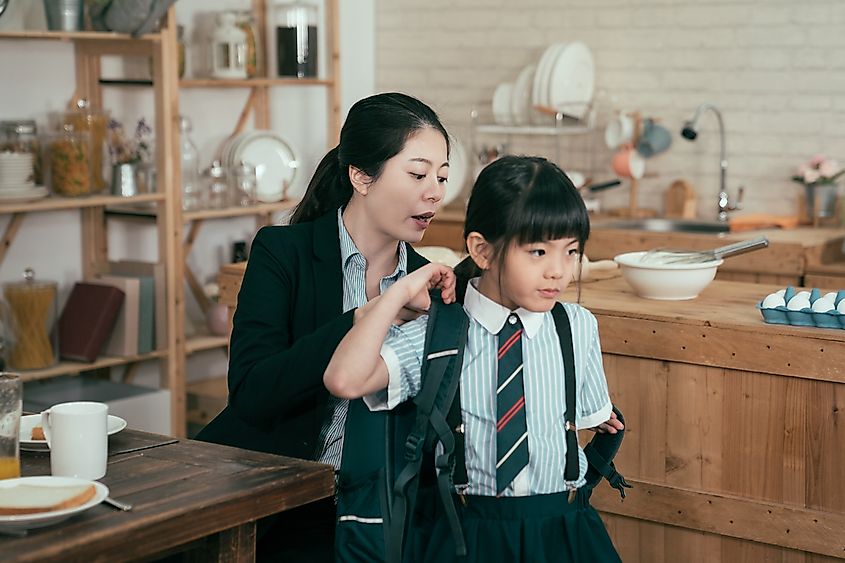
Strict Social Standards
"Marriage is a woman's grave." This is an old Japanese saying, and it refers to the trend of Japanese wives being ignored by their husbands in favour of a mistress. Things have changed a bit in the country, but for women now, this grave is one that houses their careers.
Strict social standards result in women being expected to stop working if they marry, in Japan. Of course, there are always some exceptions, but women who have worked hard to have successful careers are now standing up for themselves. They are simply not willing to give it all up and stay home. Consequently, these women are said to be avoiding romantic relationships altogether.
It is reported that about 70% of Japanese women leave their jobs after giving birth to their first child. There is a term for a woman who is married and working in Japan, and it is not favorable. It is oniyome, and it means "devil wives".
It is easy to see then why, according to Japan's Institute of Population and Social Security, 90% of young women in the country report that staying single is, in their opinion, “preferable to what they imagine marriage to be like”.
The situation is so dire that the World Economic Forum has repeatedly ranked Japan as one of the world's worst nations for gender equality in the workplace.
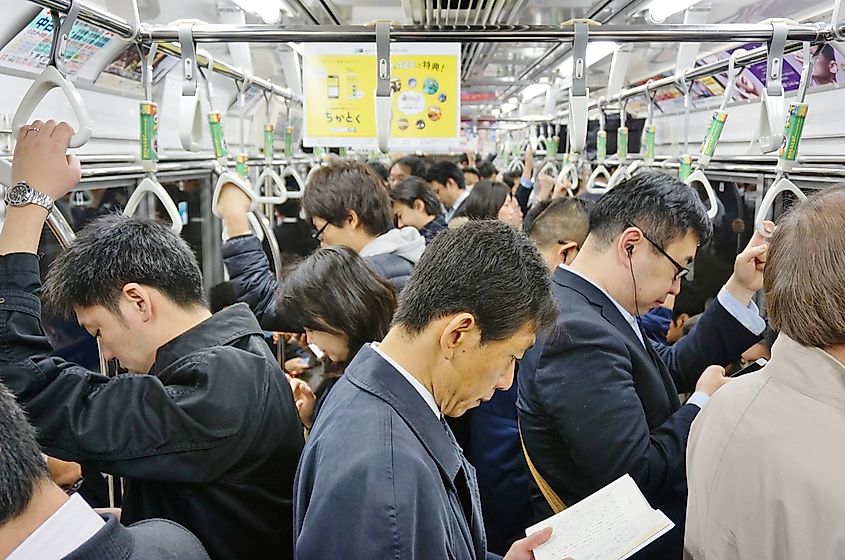
Immigration And The Future
Japan was once a largely homogeneous country, but that is slowly changing. In 2017, the government adopted fast-track permanent residence for skilled workers, and in 2018, it passed a new law that will greatly increase the number of blue-collar work visas, and provide these workers with an opportunity to live in Japan permanently, if they wish. As long as non-immigrant Japanese people chose to remain celibate, it seems as though immigration will be the answer to sustaining the country’s future population.











